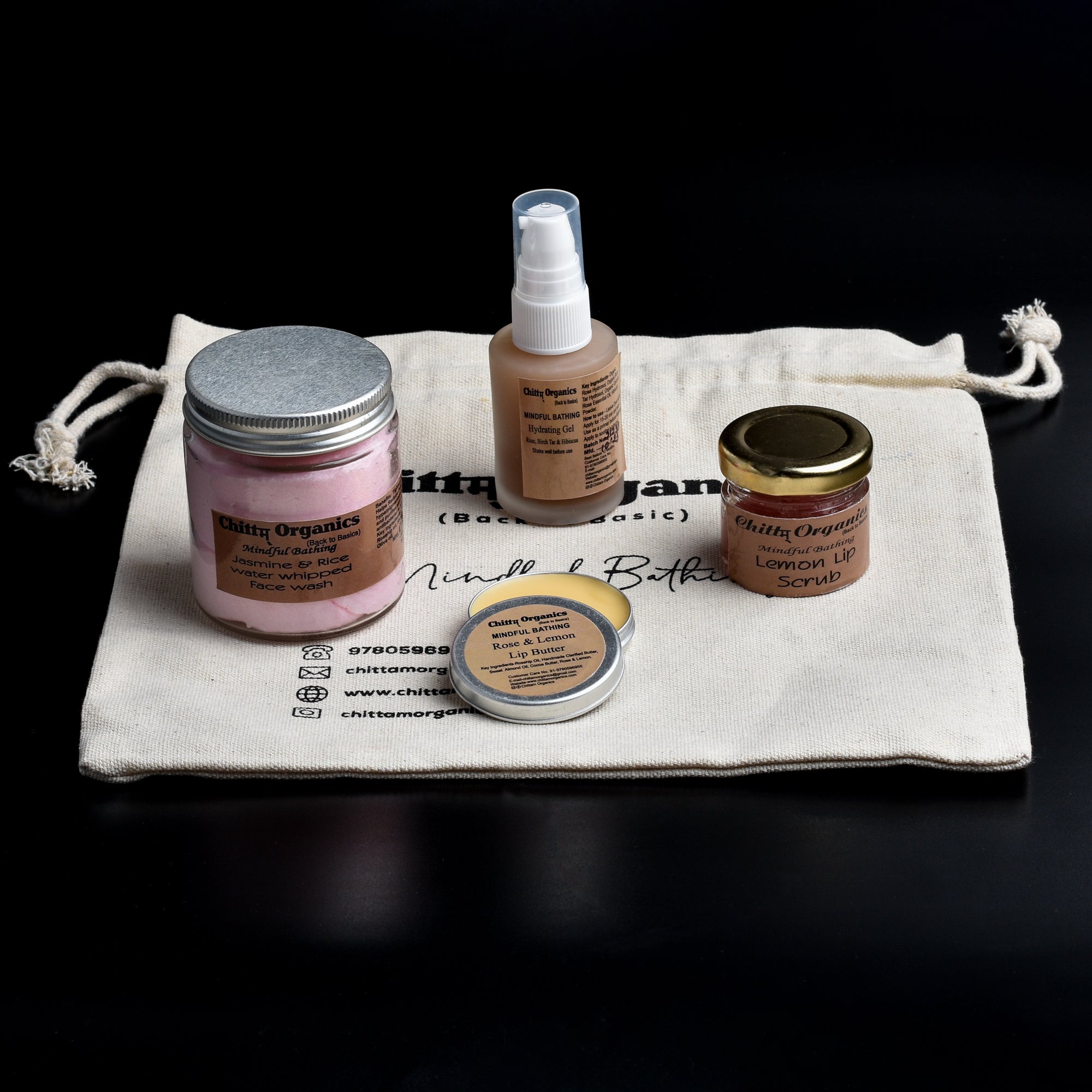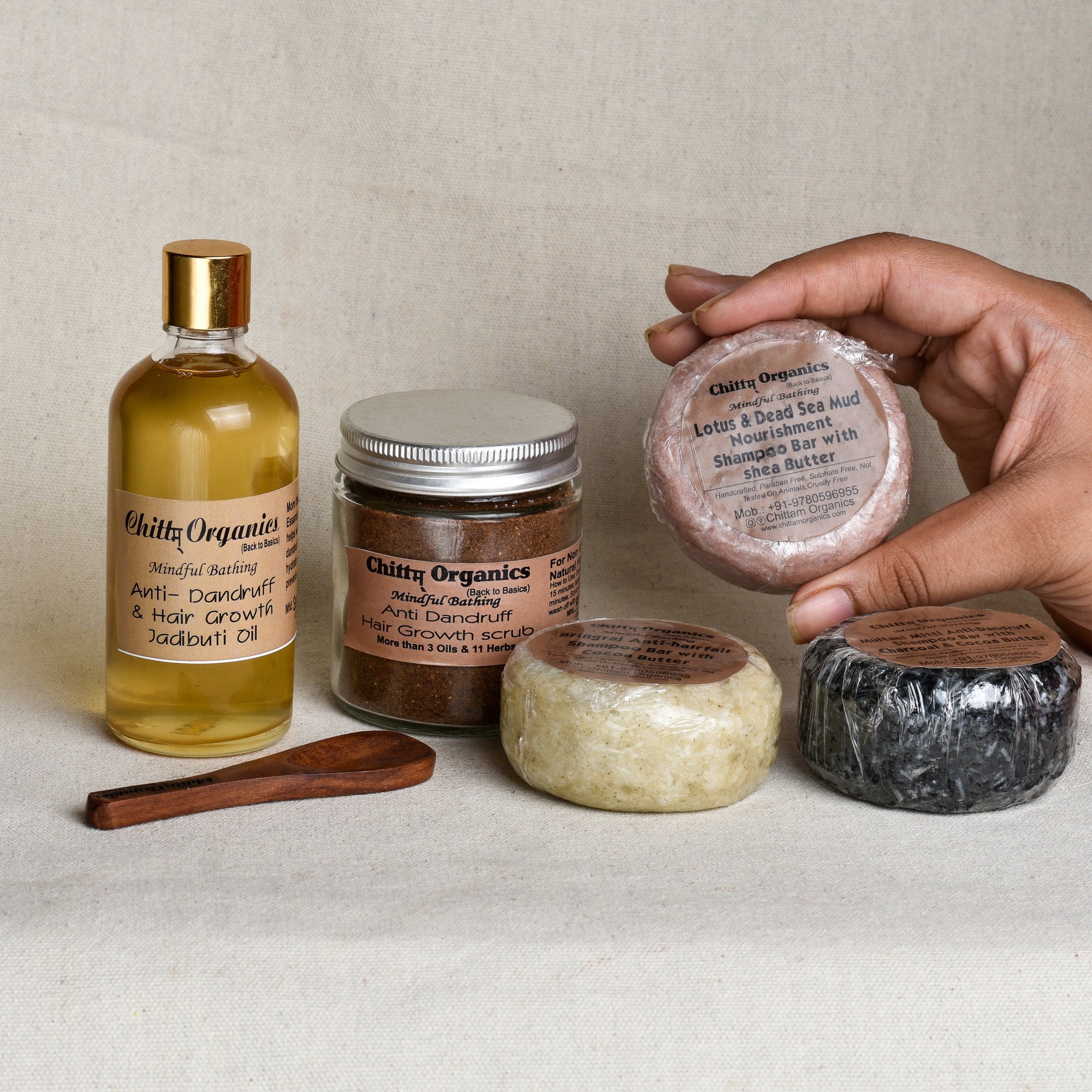If you’ve noticed your hair falling out or thinning lately, and feeling a dip in your confidence. This could be due to alopecia, a medical condition marked by partial or complete hair loss. Alopecia can affect people of any age and gender and can occur on any part of the body where hair grows, including the scalp, eyebrows, and eyelashes. It presents itself in various forms: patchy hair loss, complete loss of scalp hair, or total loss of body hair.
But having an understanding of how hair works and the nature of hair loss can help you interpret what’s happening and, most importantly, what you can do about it. We’re here to guide you toward a promising path if you've tried countless solutions without success.
Types of Alopecia
Alopecia can be categorized into several types, each with distinct characteristics:
- Androgenetic Alopecia: Known as male-pattern baldness in men and female-pattern baldness in women, it is the most common form of hair loss. It is characterized by a receding hairline and thinning crown in men and thinning hair along the top of the head in women.
- Alopecia Areata: A condition where the hair follicles are attacked, causing sudden hair loss in circular patches. It can lead to complete baldness (alopecia totalis) or hair loss over the entire body (alopecia universalis).
- Telogen Effluvium: A temporary form of hair loss that occurs after a shock to the system such as surgery, illness, or severe stress. It results in diffuse thinning of hair across the entire scalp.
- Traction Alopecia: Caused by hairstyles that pull the hair tight, such as ponytails, braids, and extensions. This tension on the hair can lead to breakage and hair loss, particularly along the hairline.
- Scarring Alopecia: A condition where hair follicles get destroyed and replaced with scar tissue, leading to permanent hair loss. The hair loss is usually patchy, with the skin becoming shiny and smooth.
Causes of Alopecia Hair Loss
Doctors are still uncertain why certain hair follicles are programmed to have shorter growth periods than others. However, several factors can influence hair loss:
- Hormones: Abnormal levels of androgens (male hormones produced by both men and women) can affect hair loss.
- Genetics: Hair loss predisposition can be inherited from both male and female parents, influencing the likelihood of male or female pattern baldness.
- Stress, Illness, and Childbirth: These can lead to temporary hair loss. Fungal infections like ringworm can also cause hair loss. Managing stress can help reverse hair loss caused by these factors.
- Medications: Certain drugs, including chemotherapy drugs used in cancer treatment, blood thinners, beta-adrenergic blockers for blood pressure control, and birth control pills, can cause temporary hair loss.
- Physical Trauma: Burns, injuries, and X-rays can lead to temporary hair loss. Hair usually regrows once the injury heals, unless a scar forms, in which case hair will not regrow.
- Cosmetic Procedures: Over-shampooing, perms, bleaching, dyeing, tight braiding, using rollers or hot curlers, and using hair picks on tight curls can weaken and break hair, leading to thinning. These procedures do not cause baldness, and hair usually regrows if the source of damage is removed. However, severe damage can sometimes cause permanent bald patches.
- Medical Conditions: Diseases such as thyroid disease, lupus, diabetes, iron deficiency anemia, and eating disorders can cause hair loss. Treating the underlying condition often results in hair regrowth, except in cases where scarring occurs, as in some forms of lupus, lichen planus, or follicular disorders.
- Diet: Low-protein or severely calorie-restricted diets can lead to temporary hair loss. Maintaining a balanced diet with sufficient nutrients is essential for healthy hair growth.
- Vitamin Deficiencies: Lack of vitamins A, B, C, D, and E, as well as iron and zinc, have been linked to hair loss.
Understanding these factors can help in addressing and managing hair loss effectively.
Symptoms of Alopecia
The main symptom of alopecia is hair loss, which can appear in different patterns depending on the cause:
- Gradual thinning on top of the head
- Circular or patchy bald spots
- Sudden loosening of hair
- Full-body hair loss
- Patches of scaling that spread over the scalp
Lifestyle and Home Remedies
- Diet and Nutrition: Ensuring a balanced diet rich in vitamins and minerals that support hair health, such as biotin, vitamin D, and iron.
- Stress Management: Techniques like yoga, meditation, and exercise can help manage stress levels.
- Avoiding Hairstyles and Treatments: Limiting the use of hair treatments and styles that pull on the hair.
Chittam Organics Hair Care Solutions
Chittam Organics offers a range of natural products designed to nourish, cleanse, and revitalize your hair. Experience the ultimate hair care synergy with their Jadi buti Infused hair lotion, Jadi Buti Infused Oil, Jadi Buti Hair Mask & Scrub and Shampoo Bars combo. This trio offers deep cleansing benefits, promoting healthy hair growth and revitalizing scalp health.
- Jadi Buti Infused Hair Lotion: Infused with herbs like Brahmi buti, Amla, Shikakai, Neem Patta, Jujube Patta, Neel Patta, Kanchoor, Aloe Vera and more, this elixir nourishes and hydrates your scalp, promotion g hair growth.
- Jadi Buti Hair Oil: Infused with 49+ herbs and 9+ oils, this elixir awakens your scalp, nourishes follicles, and promotes healthy growth. Think Ayurveda's ancient wisdom bottled for a shine that radiates from within.
- Jadi Buti Hair Scrub: Exfoliate gently with nature's gentle buff. Bid farewell to build-up and impurities, paving the way for deep cleansing and a revitalized scalp.
- Chittam Organics Shampoo Bars: Choose your perfect bar - from lathering to low-lather, each gently cleanses without stripping, leaving your hair soft, strong, and brimming with life.
This dynamic trio detoxifies, nourishes, and strengthens, nurturing not just the strands but the very foundation of your hair's health. Witness the transformation - from roots to radiant tips. Living with alopecia may require adjustments, but with the right support and treatment, individuals can manage the condition effectively and maintain a good quality of life.
If you are concerned about hair loss, it's essential to consult with our hair care specialist early to explore your options and find a treatment plan tailored to your specific needs.





